
Trauma and adversity can make people strong, resilient, and wise.
My Why
When it comes to suffering, I believe that too much attention is paid to physical wounds and that we often fail to acknowledge the emotional trauma that lays underneath. We often talk about individuals, as though we can separate ourselves from one another. To flourish in life, we need a strong community. I think our society wrongly values possessions over people and perfection over personalities.
During my time at the Coast Guard Academy, I learned about being in service to others and leadership. In my mid twenties, I discovered a passion for teaching and coaching because I love to see others grow.
For as far as I had come, I hadn’t learned to properly care for my own mental and physical well-being. With some guidance, I learned to prioritize my health. I was diagnosed with bipolar II in 2012, and shortly after I met this guy, Kennett, who inspired me to become a better cyclist and a bike commuter.
Cycling was a way for me to stay healthy, build community, and give back to others.
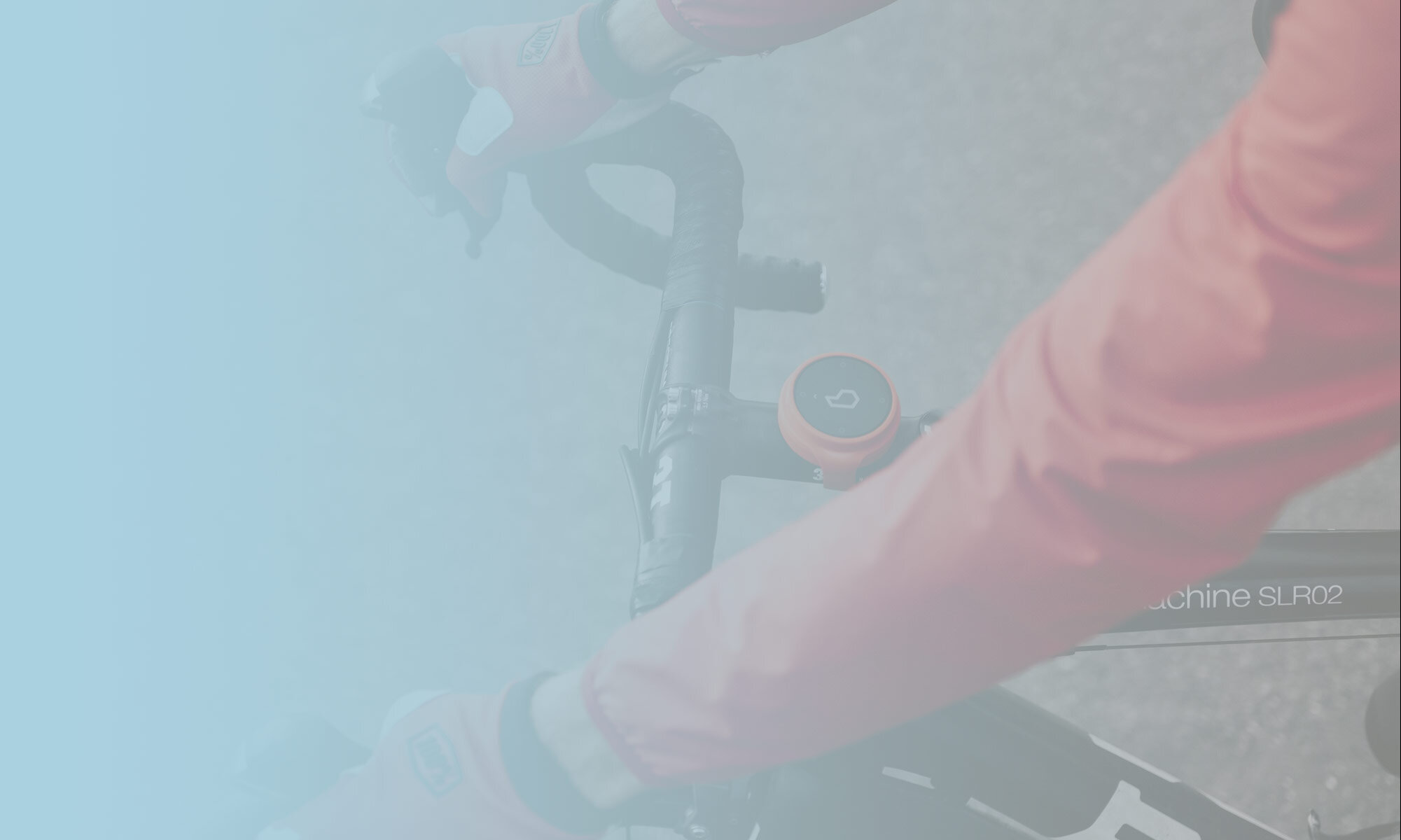
In 2014, while training for a triathlon, I was hit by a driver who was in a rush—he pulled out in front of me, thinking he had time to make a turn in front of me before I got there.
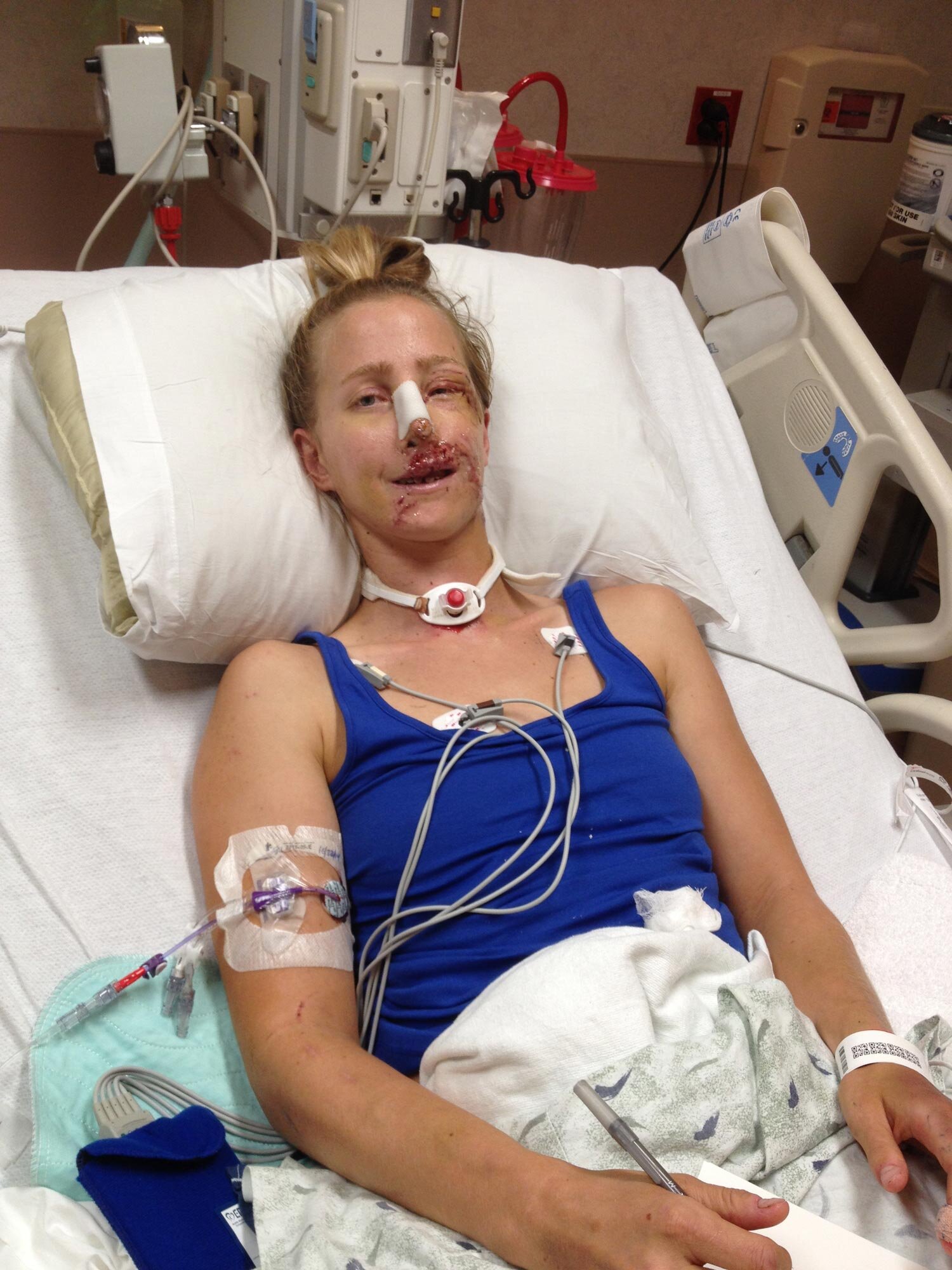
All the wires I had to consider before putting on my own tank top.
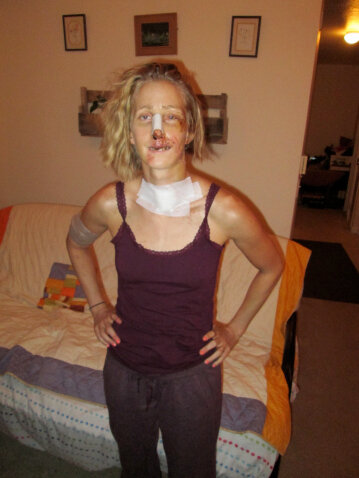
First afternoon home from the hospital. Look at that uneven hair!
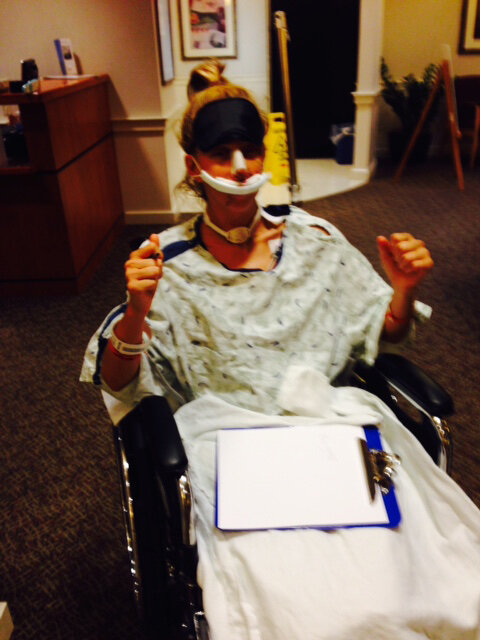
The mask rolled up to keep blood from the leech treatment from coming into my mouth and my trusty clipboard for writing my half of conversations.

Leech that was used to save my necrotizing lip.

One of the first nights in the hospital
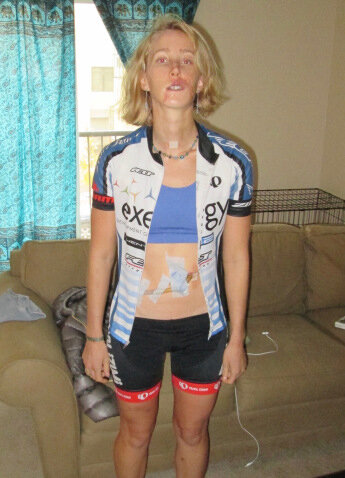
The painful stomach tube
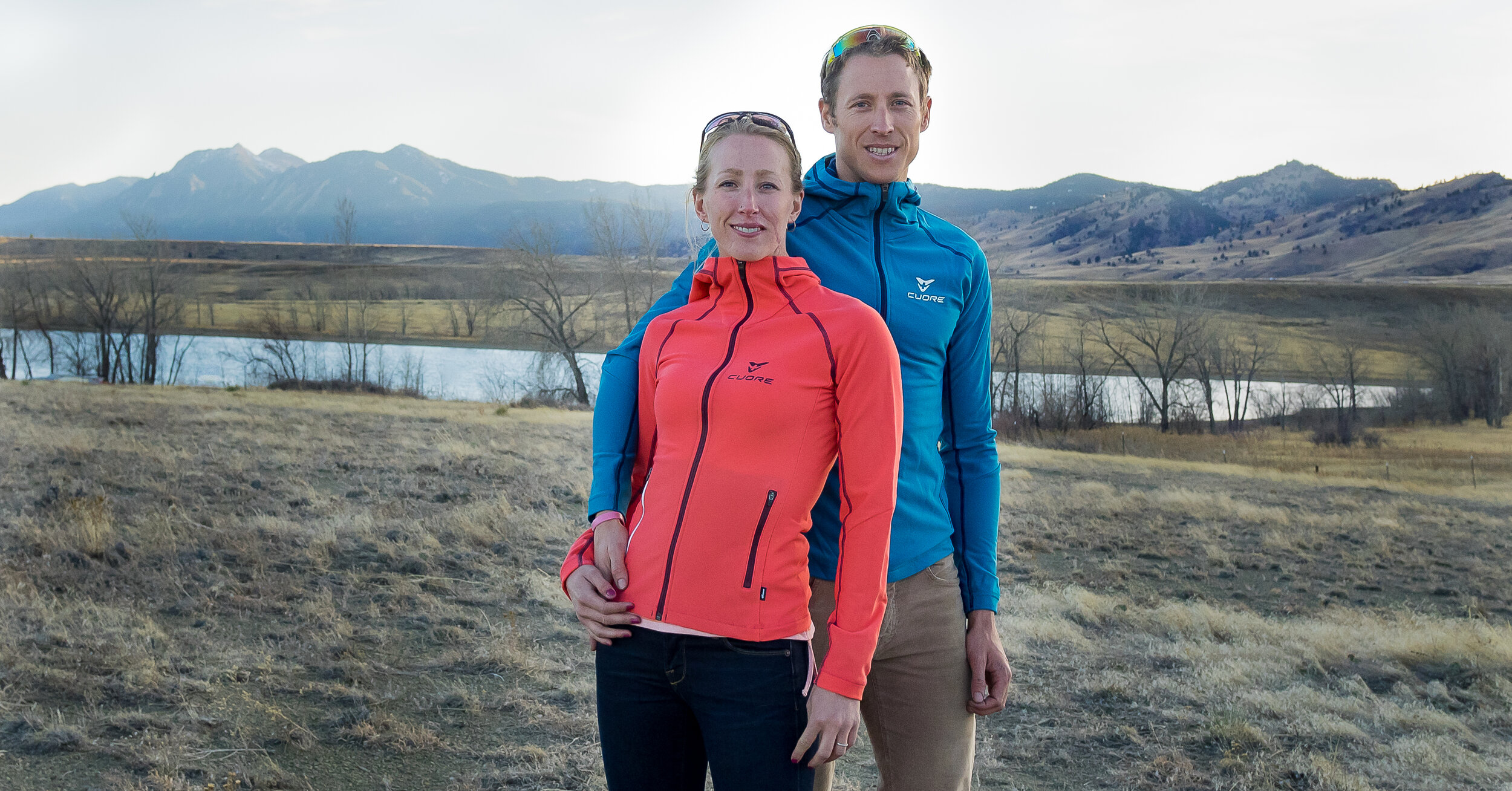
Kennett and Me
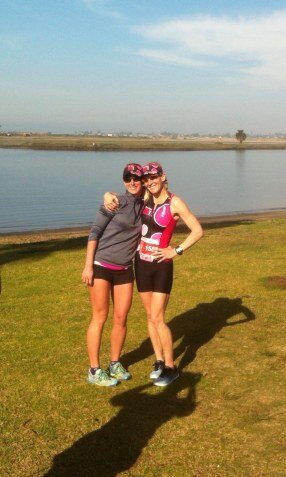
After running a half marathon with Krista
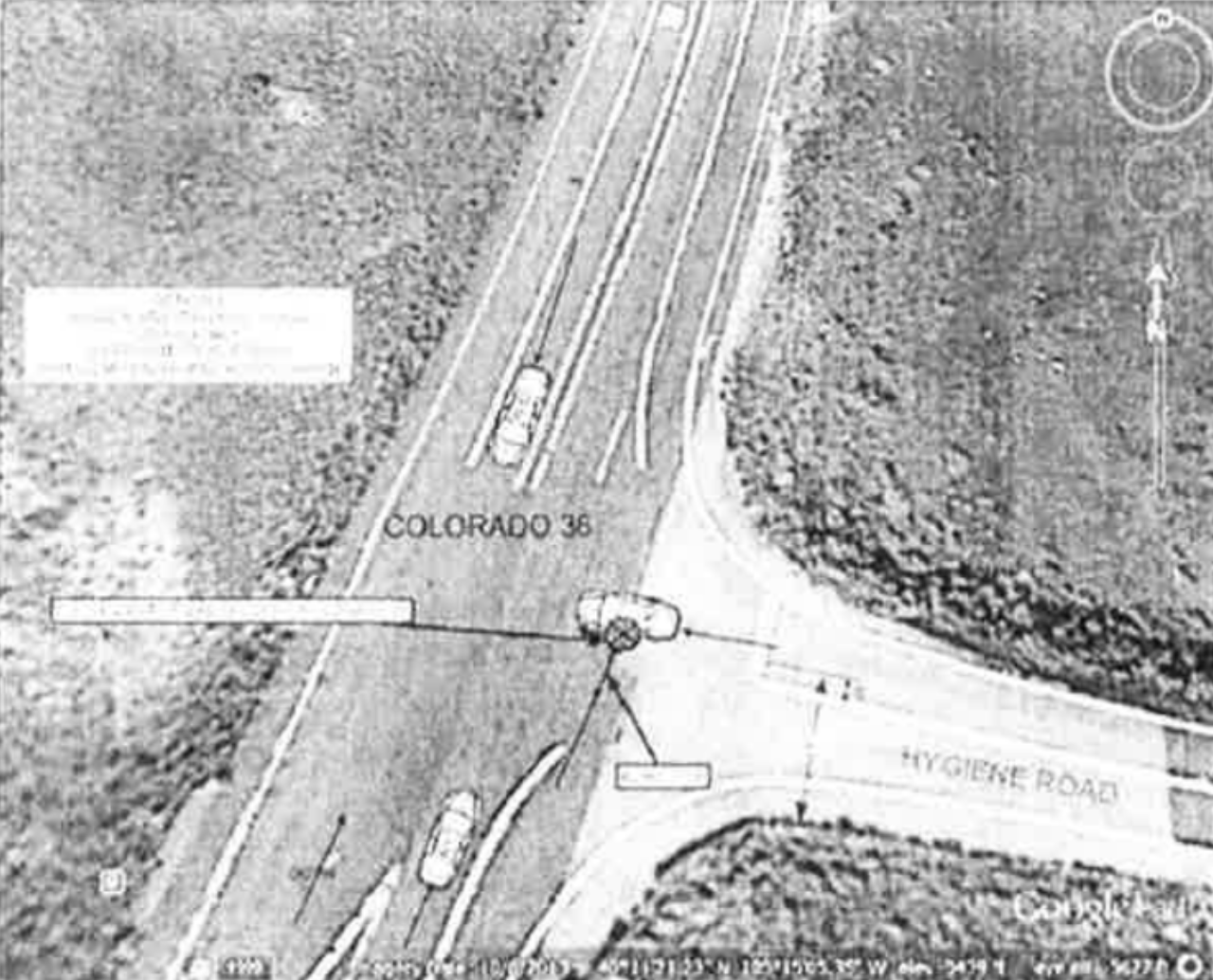
The intersection where I was hit
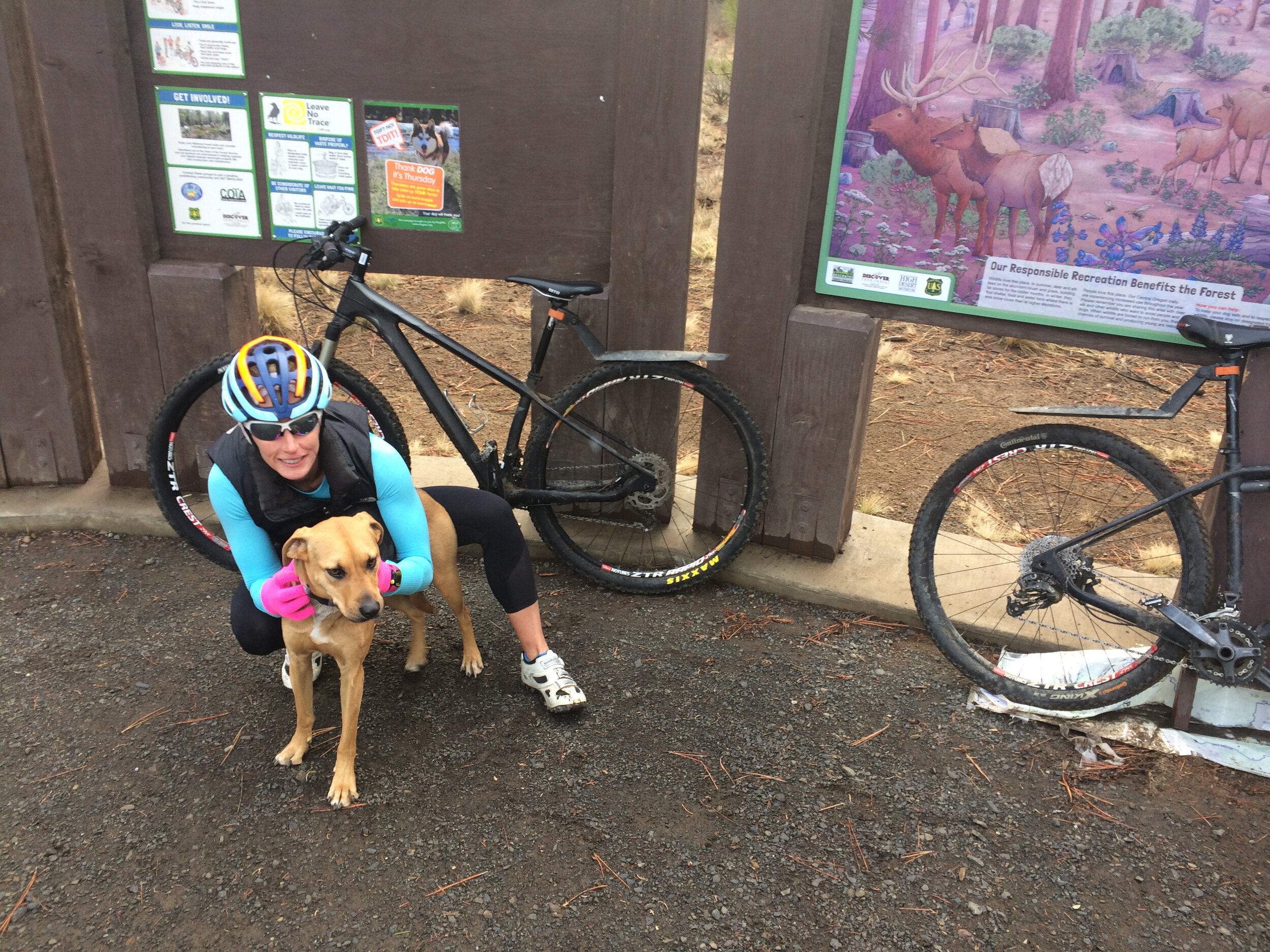
Maybellene and Me
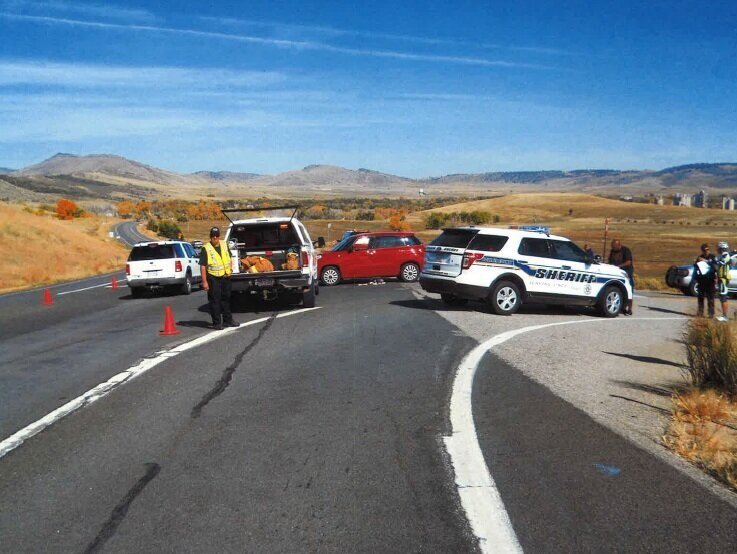
What the crash scene looked like after I had been rushed to the hospital
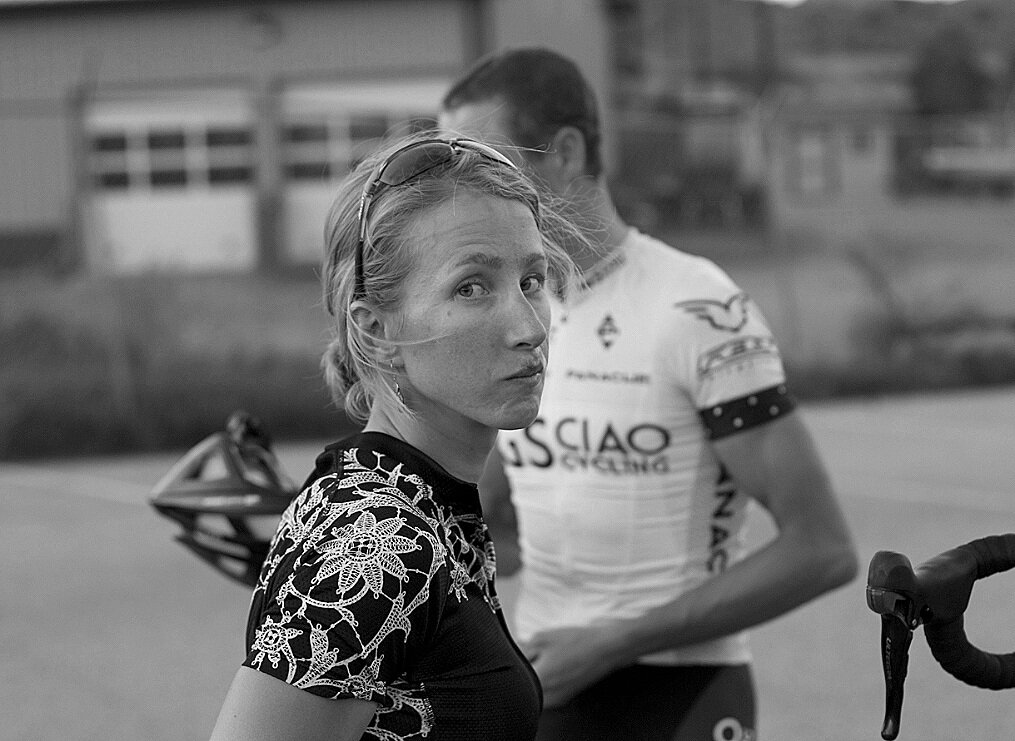
Who me?
I never set out to be an author, but after I was hit by a car in 2014 I had a few realizations. One, I was fortunate enough to have the cycling community rally around me for support, which many people don’t have. I saw the story of my crash and recovery help others feel less alone through their trauma, and provide readers a sense of community—that someone understood their emotional pain. Another realization I had was that I didn’t feel the same level of support for my struggles with bipolar as I had from the crash, even though they both shared common elements. This was because I covered up my mood swings, afraid of showing weakness. As I opened up about the challenges I experienced, I began to have deep conversations with others who have also had trauma or health concerns that are not obvious. These conversations occurred because people trusted me to have enough empathy to listen.
I knew I wanted to support other trauma victims
.
This book was also written to help those who haven’t experienced trauma gain empathy for what it is like to be a traffic victim, to wake up in the hospital with serious injuries, or have mental health concerns.
And finally, my story had to be written down because it is a reminder that every life on the road matters and we must continue as a society to pay attention to the people who surround us. While I started with writing blogs, the book quickly became the medium with which to share my story.
Trauma and adversity, if taken as a source of growth, can make people strong, resilient, and wise.
About Adelaide
Adelaide grew up outside of Pittsburgh, Pennsylvania and spent her childhood on the local swim team. Upon graduating high school, she went to college at the United States Coast Guard Academy where she studied civil engineering. After a year as an ensign assigned to the USCGC Dallas in Charleston, SC, Adelaide was honorably discharged from the Coast Guard because she was struggling to adapt to life underway due to her undiagnosed bipolar disorder. In 2010 Adelaide and her older sister, Lydia, completed a bike tour from Charleston to Louisiana. After their month on the road, Adelaide and Lydia moved to Boulder, Colorado.
In 2012 Adelaide was finally diagnosed with bipolar II. The diagnosis eventually helped her to lead a more stable life. That fall she met her husband Kennett. He bought Adelaide her first road bike and taught her all about bike racing. After her first and last season of bike racing in 2014, Adelaide decided to train for an iron-distance triathlon in November.
On October 18th, 2014 Adelaide was in a crash that would change her life: she went through the driver’s side window of a car that pulled in front of her, suffering injuries that almost killed her and emotional trauma that would continue to haunt her for years to come. After an arduous recovery, she returned to riding and two and a half years later qualified to become a professional triathlete. She is an advocate for cyclists’ safety and strives to help others who have suffered life-threatening crashes. She is currently writing a book about her experience. Adelaide lives in Boulder, Colorado with her husband, Kennett, and their dog Maybellene.
There comes a feeling of invincibility when you know you’ve put in a stellar training session, gotten out the door when you wanted to skip the workout, or hit a personal best during a race you’ve been dreaming of for months. That strength doesn’t go away when you hang up your bike or undo the laces on your shoes. You’ll feel the energy when you walk back into your daily life and it will make a profound difference.
Adelaide and Kennett know because they’ve been there, through the best moments and the hardest ones of being an athlete. They understand that sometimes it takes a person encouraging you to really bring forth your ultimate effort and they are ready to be that person for you.

